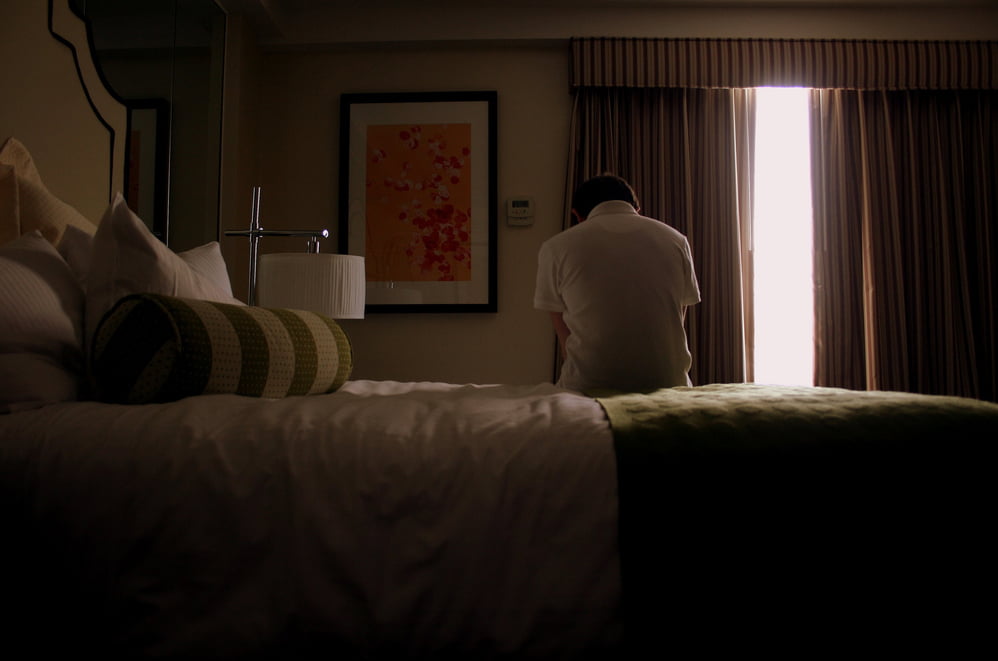Next month, the American Foundation for Suicide Prevention (AFSP) will be presenting its annual Research Award to two researchers, Professor Gary Diamond of Ben Gurion University and his colleague Professor Guy Diamond (no relation) of Drexel University in the US, for their work treating potentially suicidal conditions in adolescent youth.
The treatment model, known as Attachment-Based Family Therapy (ABFT) is the culmination of nearly 15 years of collaboration between the two professors and asserts that family therapy is effective for suicidal youths. The team examined the effects of family therapy on the level of suicidal symptoms in adolescents struggling with depression and suicide.
Related articles
- Research Discovers New Ways Of Treating Schizophrenia
- Researchers Shed Light On Depression By Curing Depressed, Stressed-Out Mice
“There is a lot of research that says parental support, criticism, acceptance, and rejection are all associated with adolescent depression and suicide ideation (thoughts about suicide),” Gary Diamond tells NoCamels. “The goal of the model is to transform the parent-adolescent relationship so that kids feel better about their relationship, and in turn, themselves.”
“I think that no matter what is going on that is fueling the depression, it is a bit easier when you feel that you have the support and loving care of your parents,” continues Diamond.
Parents have a critical role in shaping their child’s mental health
According to Diamond, the parent-adolescent relationship has undeniable effects on an adolescent’s state of mental health. When parents and children have a poor relationship, it spurs critical and disapproving attitudes at home, potentially making a child feel bad about his or herself, increasing their degree of self-criticism and dramatically lowering their self-esteem. These feelings alone are risk factors for both depression and suicide., according to the researchers. Outside of the home, if a kid is bullied at school or on the playground, the absence of parental support can further exacerbate depression and suicidal thoughts, they add.
Sign up for our free weekly newsletter
SubscribeMore than just a shoulder to cry on, parents serve as important guides in developing communication and cognition. In the absence of a good parental relationship, Diamond says: “You don’t have the opportunity to have a conversation where you’ll learn to put your feelings into words and get different perspectives. All of the cognitive emotional capacities that we learn from our parents help us function and regulate our emotions in life, but for the child with a poor parental relationship, these capacities aren’t there because the same opportunities to practice weren’t present.”
Replicating success to help other groups
The team also spent time studying the effectiveness of ABFT on lesbian, gay, bisexual and transgender (LGBT) adolescents who are at higher risk for suicide and who often have tenser relationships with their families, finding that their model helped to decrease the risk for completed suicides in the study group.
The Attachment Based Family Model is based on a multitude of different psychological treatments developed over the years from Minuchin’s Structural Family Therapy, charting family relationships to identify a problem, to Susanne Johnson’s Emotional Focused Therapy, which suggests that through targeted therapy, emotions can be made to change and adapt. In addition to training provided at New School of Psychotherapy in Tel Aviv, the two Diamonds have been training therapists not only in the United States, but also Sweden, Belgium, Spain, and Italy to use their therapy on young adults.
The strengthening of the organic bond between parents and children is what makes ABFT an effective and clinically proven alternative to other standard treatments of depression and suicidal ideation. The AFSP Research Award will be presented on May 22, 2014 at the Lifesavers Dinner Gala at Lincoln Center in New York City.
Photo: r.f.m II
Related posts

Israeli Medical Technologies That Could Change The World

Rehabilitation Nation: Israeli Innovation On Road To Healing





Facebook comments